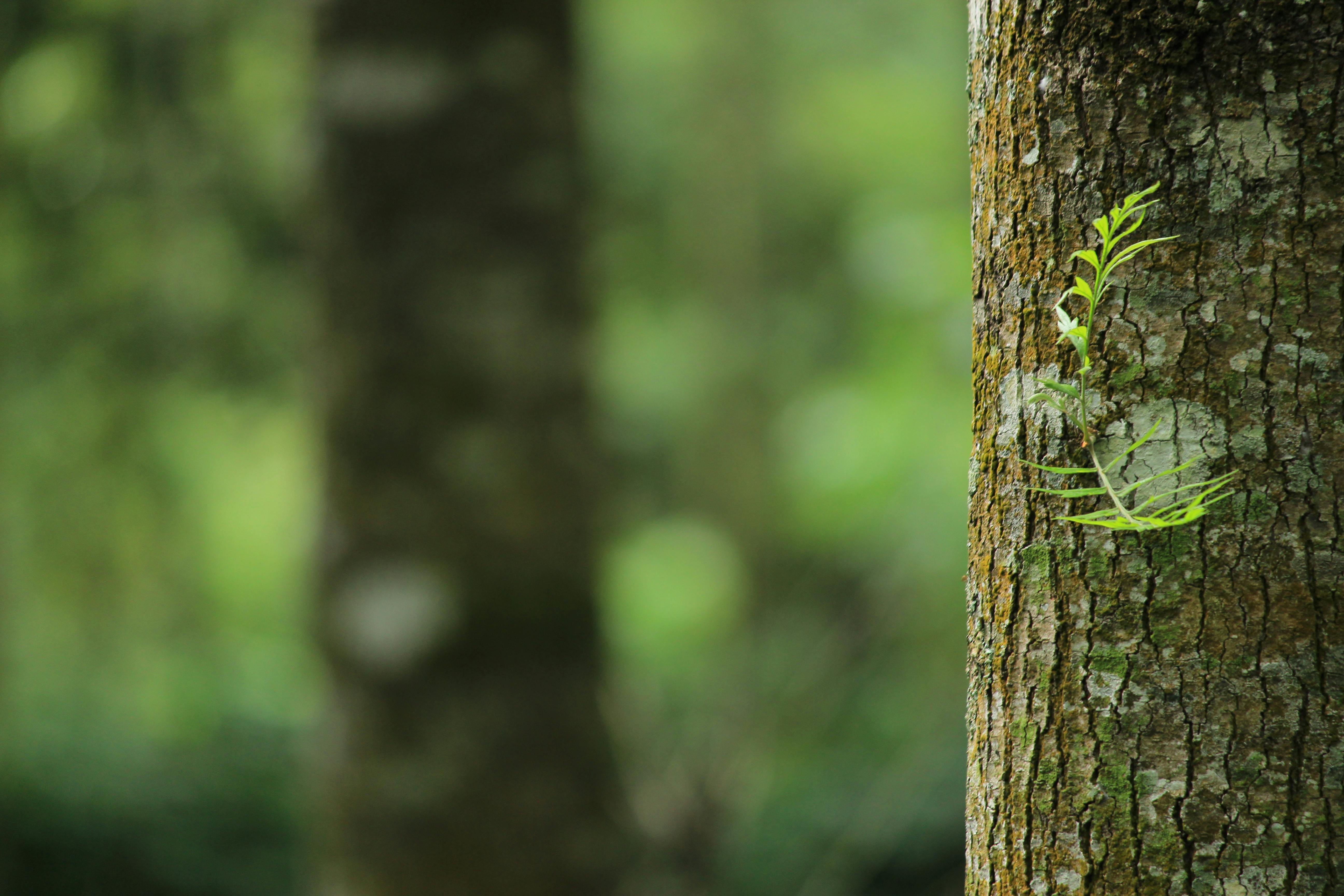Rekindling the Connection: The Health Benefits of Interacting with Nature
In the fast-paced world we live in, we've become increasingly disconnected from nature. Yet, did you know that reconnecting with the natural world can have profound benefits on your health? In this article, we delve into the science behind this intriguing concept.

The Human-Nature Bond: A Historical Perspective
Human beings have always had an intimate relationship with nature. In ancient times, our ancestors relied on the natural world for sustenance, shelter, and survival. Over time, however, as societies developed and technology advanced, this connection began to wane.
Scientific interest in the health benefits of nature began to grow in the late 20th century. A landmark study in 1984 by environmental psychologist Roger Ulrich found that hospital patients with a view of nature from their windows recovered faster and required fewer pain medications than those without such views.
The Science of Nature and Health
Recent research has shed more light on the health benefits of interacting with nature. Studies have shown that exposure to nature can reduce stress, improve mood, enhance focus, and promote a sense of wellbeing.
Research from Stanford University found that people who walked in a natural setting for 90 minutes showed less activity in a brain area associated with rumination, a type of repetitive negative thinking linked to higher risks of depression and anxiety.
The Practice: Immersing in Nature
The practice of immersing oneself in nature, often referred to as “nature therapy,” involves spending dedicated time outdoors in a mindful way. This can take many forms, from a simple walk in the park to more structured activities like guided nature meditation.
While the benefits of nature therapy are clear, challenges exist. Urban dwellers may find it difficult to access natural spaces, and the hustle and bustle of modern life often leave little time for outdoor pursuits.
Nature and Health: A Growing Trend
In light of these findings, health practitioners and city planners are increasingly recognizing the importance of nature for public health. More green spaces are being incorporated into urban design, and doctors are even prescribing “nature time” to patients suffering from stress and mental health disorders.
Practical Tips for Reconnecting with Nature
- Start small: Even a few minutes spent in a park or garden can have benefits.
- Make it a habit: Try to incorporate nature time into your daily routine.
- Mindfulness: Pay attention to your surroundings. Notice the sights, sounds, and smells.
- Get active: Combine nature time with physical activity for added benefits.
In conclusion, reconnecting with nature is a simple, accessible, and effective way to enhance your health and wellbeing. With an ever-growing body of research supporting its benefits, it’s time we start rekindling our bond with the natural world.




